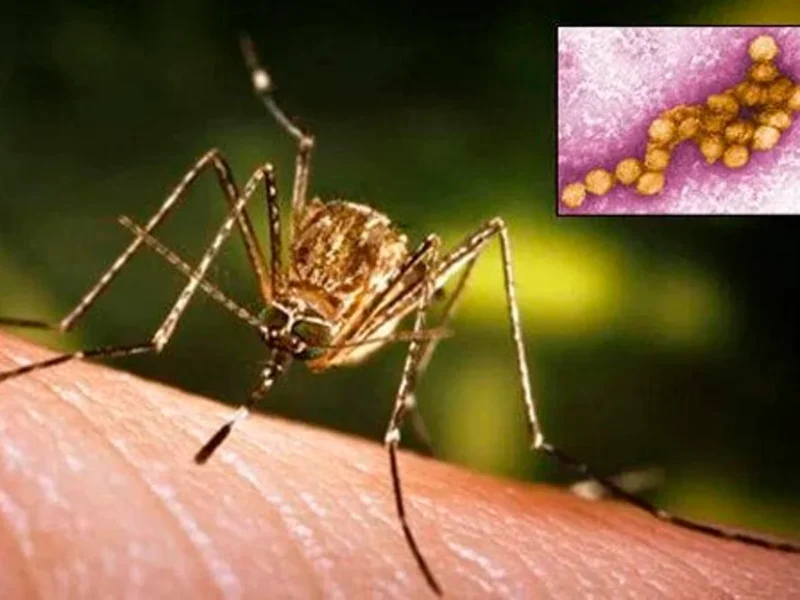The Health Ministry confirmed Sunday that two women who died at Rabin Medical Center were indeed infected with West Nile fever. So far, 21 people have been diagnosed with West Nile fever in Israel, with 17 of them hospitalized exhibiting neurological symptoms.
The two women succumbed to the virus on Saturday and, currently, there are three hospitalized patients on ventilators. The two women who died were residents of Petah Tikva and Rosh HaAyin, both over 80 years old.
The Tel Aviv Sourasky Medical Center also confirmed the diagnosis of two ventilated patients with the virus. Meir Medical Center reported: “Today, the diagnoses of three patients with West Nile virus were confirmed. They were admitted in recent days and are suffering from central nervous system illnesses. One patient is in serious condition, another is improving, and the third has been discharged. All three patients are from the Sharon area.”
West Nile Virus: What You Need To Know
Belonging to the Flavivirus genus, the West Nile Virus is a disease primarily transmitted by mosquitos, particularly the Culex variety. Although not every infected individual will show symptoms, some may suffer from minor to severe manifestations including fever, headaches, body aches, skin rashes, and potentially, swollen lymph glands.
Symptoms and Detection Methods
Individual reactions to the West Nile Virus vary widely. While some people may only suffer from mild, flu-like symptoms, in severe scenarios, the disease could lead to critical neurological complications like encephalitis or meningitis. A simple blood test, identifying the presence of antibodies against the virus, is typically utilized for diagnosis.
Ways to Prevent and Oversee The Spread
One of the most critical preventive measures against the West Nile Virus is to avoid mosquito bites. This can be accomplished by using repellents, wearing long-sleeved outfits, and cleaning up any stagnant water near residential areas to deter mosquito breeding. Moreover, community-level measures such as mosquito control can significantly reduce the spread of the disease.
Interventions and Disease Management
Presently, a specific antiviral treatment for West Nile Virus is yet to be found. People with mild reactions are advised to rest, maintain hydration and use non-prescription drugs to ease fever and pain. In extreme circumstances, hospital admission becomes necessary for supportive care and to keep complications under check. To develop more efficient battle strategies against the disease, scientists are researching potential vaccines and antiviral medications.










